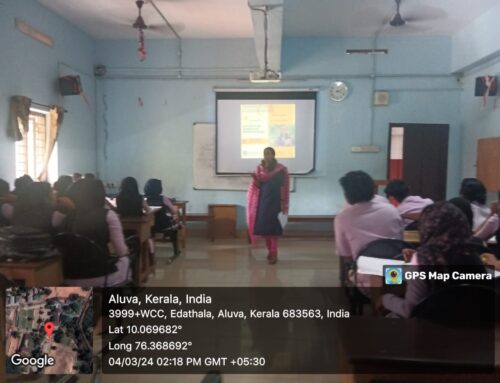A patent is a form of intellectual property that gives its owner the legal right to exclude others from making, using, selling, and importing an invention for a limited period of years, in exchange for publishing an enabling public disclosure of the invention. Specifically, patented inventions must meet three characteristics: novel, useful and not obvious. The novelty requirement is straight forward To impart new insights to the final year students of our Dept, a Seminar on Indian Patent Act was organised on 11.12.2014 at Seminar hall of our college. The resource person of the day, Adv. C.S.Roopa elicited the importance of intellectual property in India. Her session focused on minimum standards for protection and enforcement of intellectual property rights, which are required to promote effective and adequate protection of intellectual property rights with a view to reducing distortions and impediments to international trade. In her concluding remarks, she proclaimed that patent is granted as an exclusive right by the Government for an invention for a limited period of time in consideration with the disclosure of the invention by an applicant. And that it protect any product, design or process that meets certain specifications according to its originality, practicality, suitability, and utility. In most cases, a patent can protect an invention for up to 20 years
Call Us! +91 484 283 6221 | Email! [email protected]
Call Us ! +91 484 283 6221
Email ! [email protected]








Leave A Comment